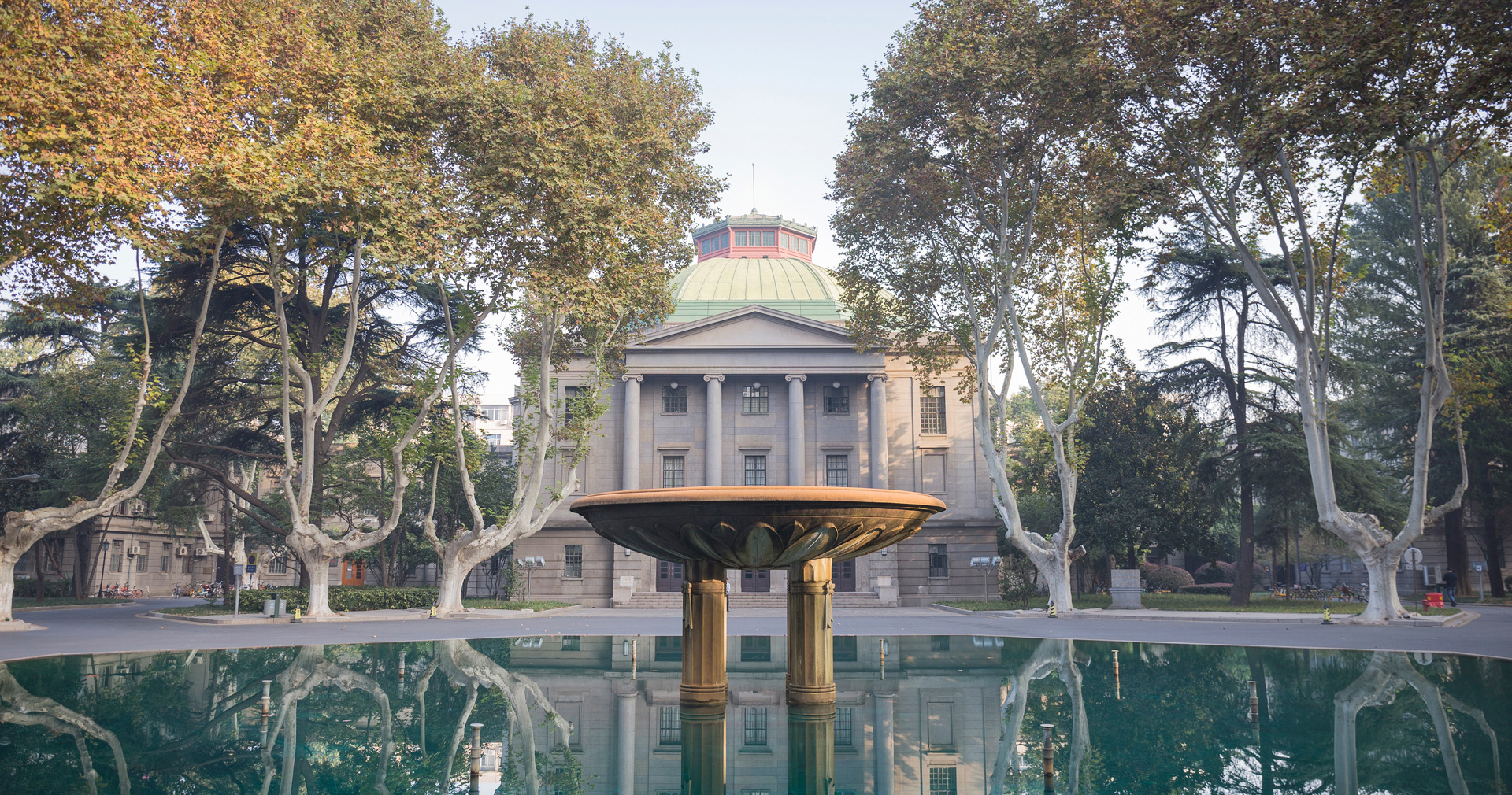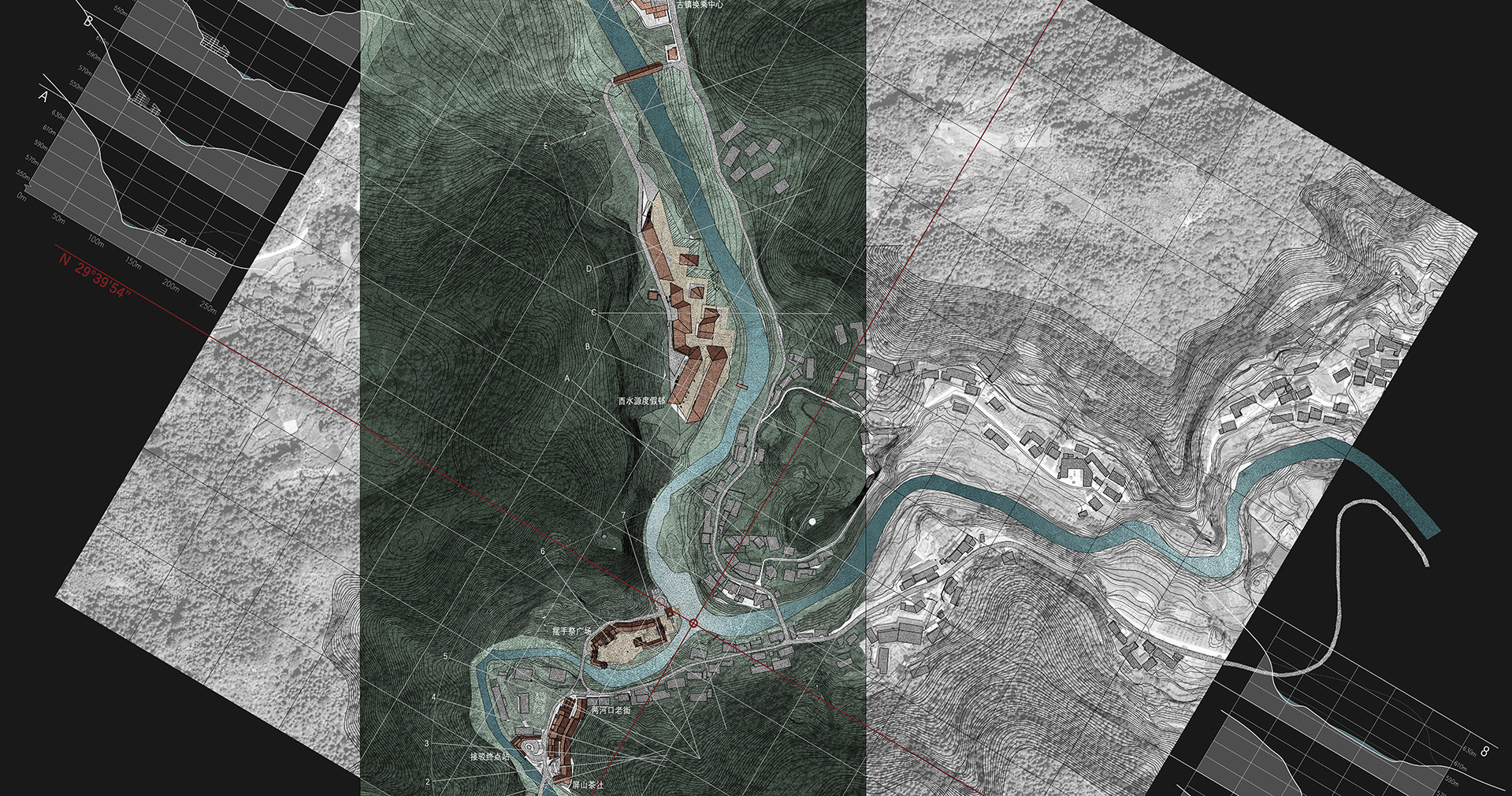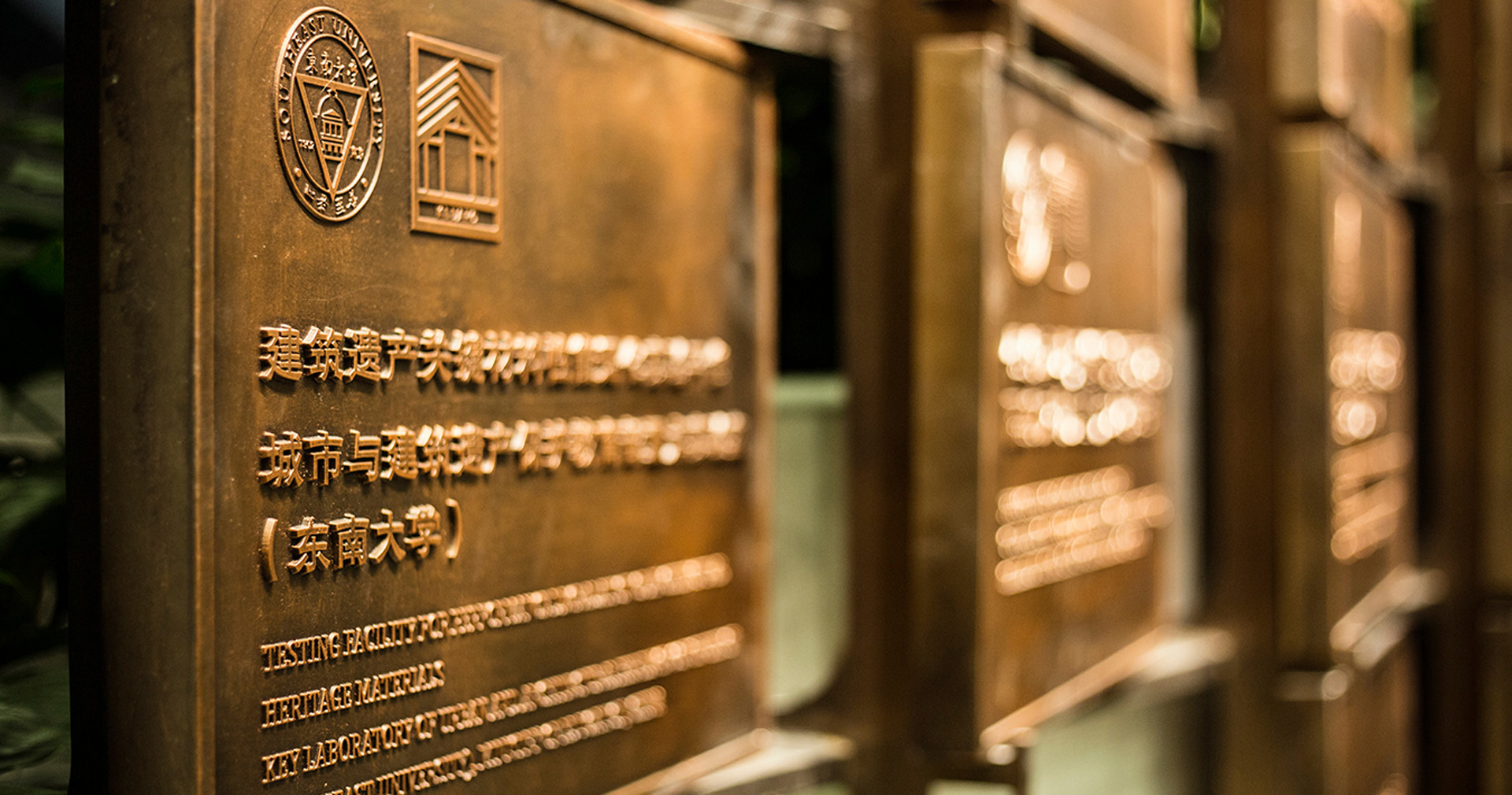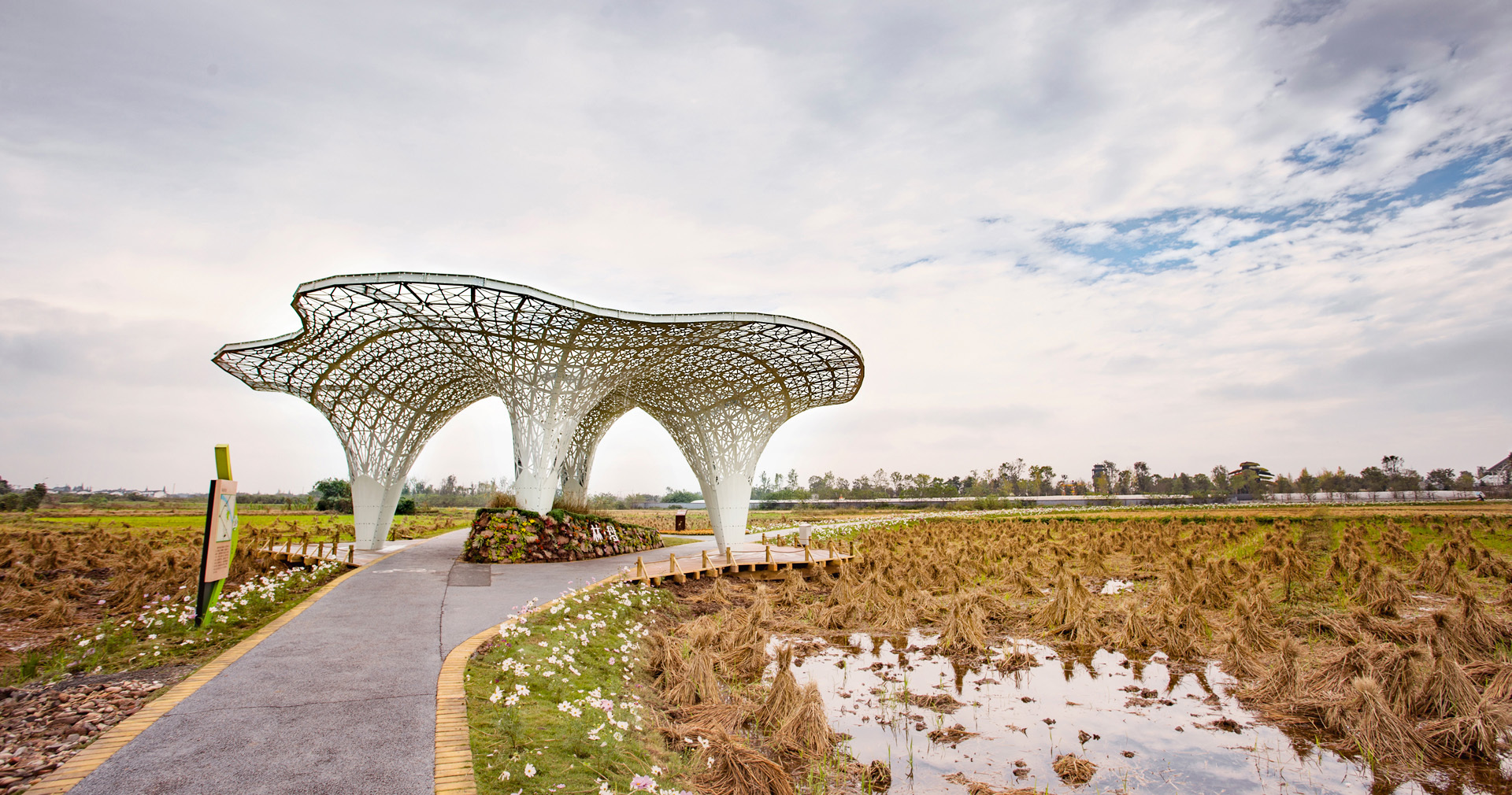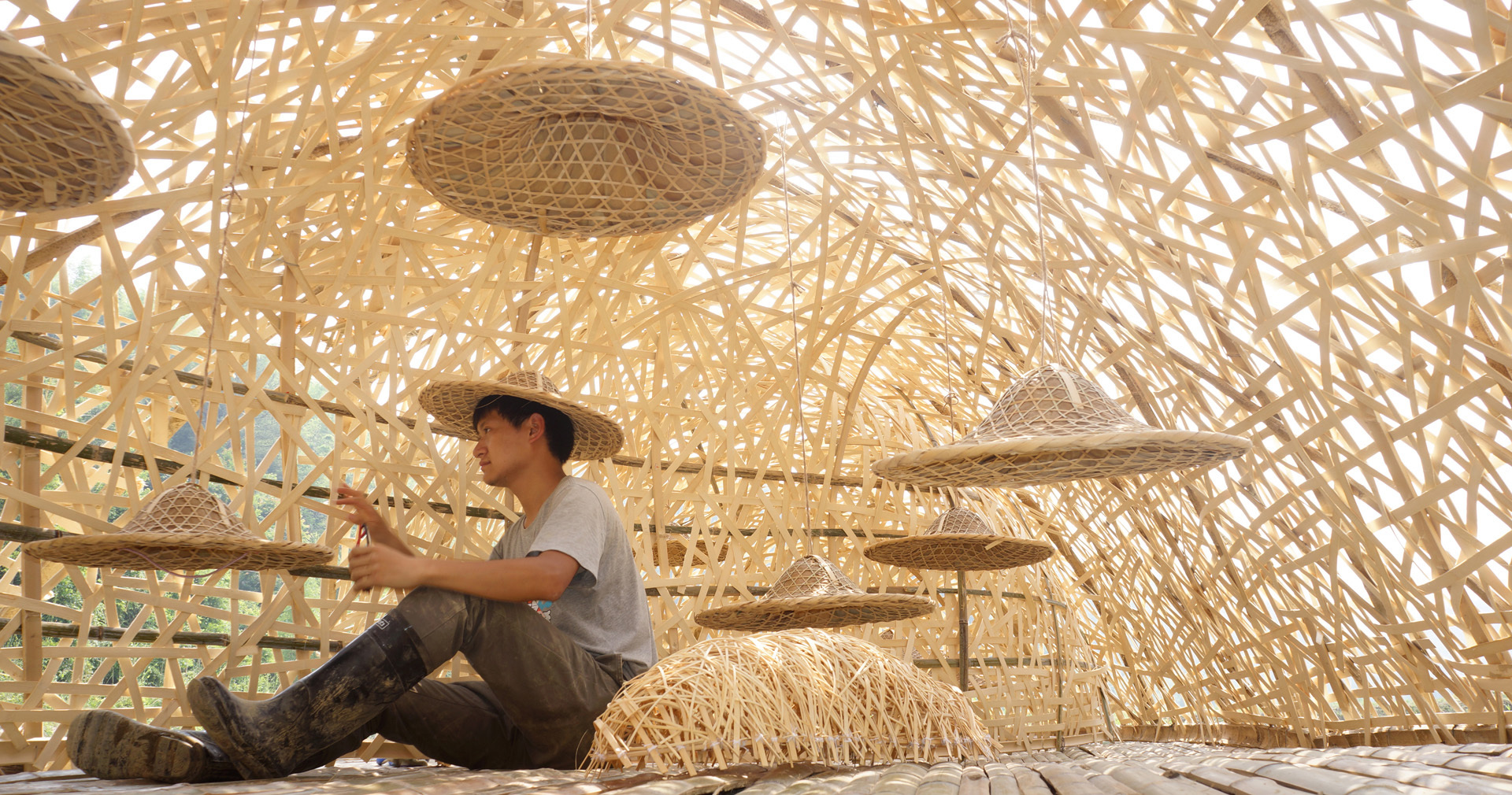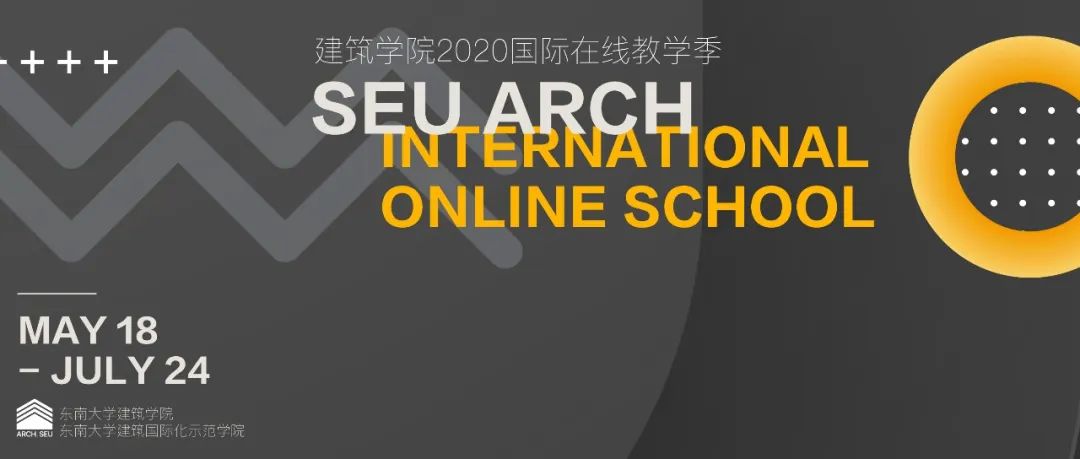
Architecture Technology
Digital Architectonics - the Role of Architecture in Times of Big Data and Artificial Intelligence
Chair

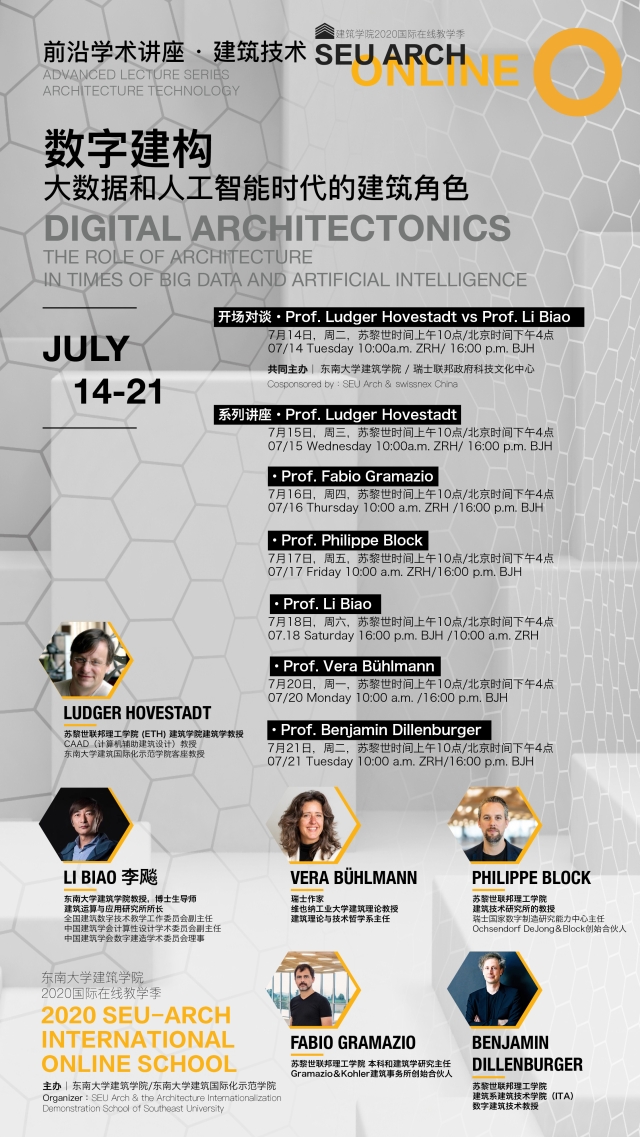
Opening Talk :Into the Digital Age, together
Prof. Ludger Hovestadt vs Prof. Li Biao
Moderator :Prof. Tang Peng
14.07 Tuesday 10:00a.m. ZRH/ 16:00 p.m. BJH
Coorganized by:SEU Arch & swissnex China
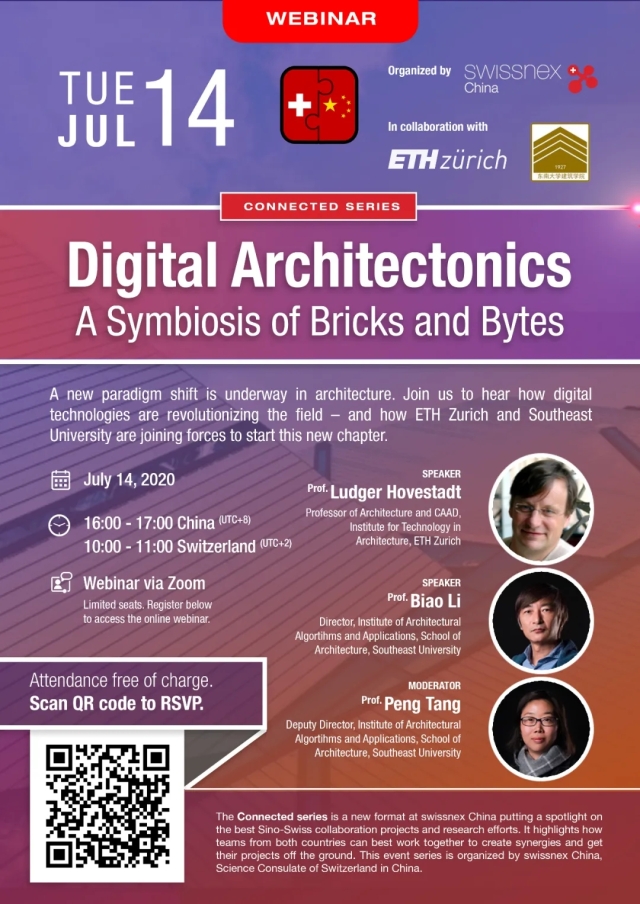

Lectures:
1.Prof. Ludger Hovestadt (ETH Zurich)
15.07 Wednesday 10:00a.m. ZRH/ 16:00 p.m. BJH
2.Prof. Fabio Gramazio(ETH Zurich)
16.07 Thursday 10:00 a.m. ZRH /16:00 p.m. BJH
3.Prof. Philippe Block(ETH Zurich)
17.07 Friday 10:00 a.m. ZRH/16:00 p.m. BJH
4.Prof. Li Biao (SEU)
18.07 Saturday 10:00 a.m. ZRH/16:00 p.m. BJH
5.Prof. Vera Bühlmann (TU Vienna)
20.07 Monday 10:00 a.m. ZRH /16:00 p.m. BJH
6.Prof. Benjamin Dillenburger (ETH Zurich)
21.07 Tuesday 10:00 a.m. ZRH /16:00 p.m. BJH
Organizer:SEU Arch/The Architecture Internalization Demonstration School of Southeast University
Speaker

Prof. Ludger Hovestadt
Ludger Hovestadt is Professor of Architecture and CAAD (Computer-Aided Architectural Design) at the Institute for Technology in Architecture, ETH Zurich. Between 1997 and 2000 Ludger Hovestadt was a visiting professor in the Department of CAAD at University of Kaiserslautern, Germany. In 2000, he was appointed Full Professor at the Department of Architecture at ETH. Since 2018 he is a Visiting Professor at Southeast University in Nanjing, China.He studied architecture at the RWTH Aachen, Germany and the HfG in Vienna, Austria. Upon completion of his diploma in 1987, he started his academic career with Prof. Fritz Haller at TU Karlsruhe for whom he worked as a scientific researcher for over ten years. Under his supervision Ludger Hovestadt completed his doctorate at TU Karlsruhe and Carnegie Mellon in 1994, expanding Haller’s school of thought of minimalist-functional mannerism into the digital domain, thereby laying the foundations for digital architectonics.
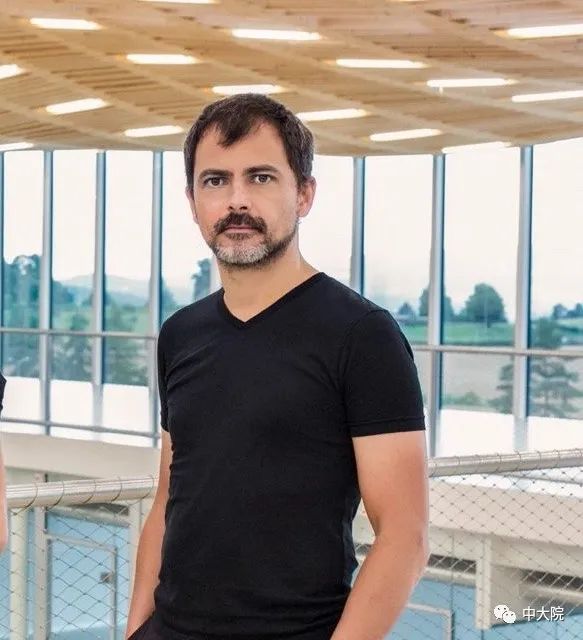
Prof. Fabio Gramazio
Fabio Gramazio is an architect with multi-disciplinary interests ranging from computational design and robotic fabrication to material innovation. In 2000, he founded the architecture practice Gramazio & Kohler in conjunction with his partner Matthias Kohler, where numerous award-wining designs have been realised. Current projects include the design of the Empa NEST research platform, a future living and working laboratory for sustainable building construction. Opening also the world’s first architectural robotic laboratory at ETH Zurich, Gramazio & Kohler’s research has been formative in the field of digital architecture, setting precedence and de facto creating a new research field merging advanced architectural design and additive fabrication processes through the customised use of industrial robots. This ranges from 1:1 prototype installations to the design of robotically fabricated high-rises. His recent research is outlined and theoretically framed in the book The Robotic Touch: How Robots Change Architecture (Park Books, 2014). From 2017 to 2019, Fabio Gramazio was Director of Studies for Bachelor and Master Architecture.
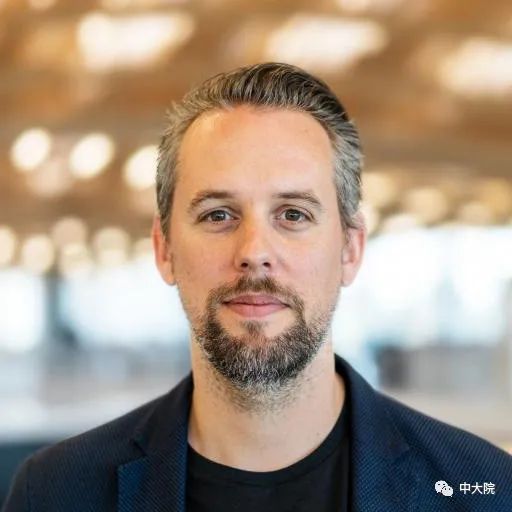
Prof. Philippe Block
Philippe Block is Professor at the Institute of Technology in Architecture at ETH Zurich, where he co-directs the Block Research Group (BRG) together with Dr. Tom Van Mele. He is director of the Swiss National Centre of Competence in Research (NCCR) in Digital Fabrication, and founding partner of Ochsendorf DeJong & Block (ODB Engineering). Block studied architecture and structural engineering at the VUB, Belgium, and at MIT, USA, where he earned his PhD in 2009. Research at the BRG focuses on computational form finding, optimisation and construction of curved surface structures, specialising in unreinforced masonry vaults and concrete shells. Within the NCCR, BRG researchers develop innovative structurally informed bespoke prefabrication strategies and novel construction paradigms employing digital fabrication. With the BRG and ODB Engineering, Block applies his research into practice on the structural assessment of historic monuments in unreinforced masonry and the design and engineering of novel shell structures.
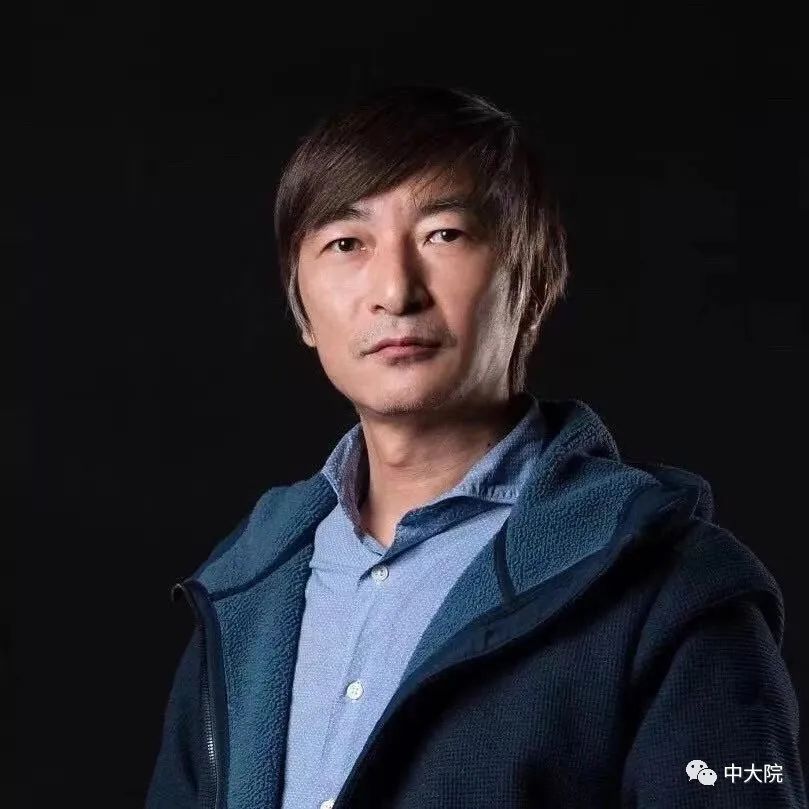
Prof. Li Biao
Li Biao serves as the deputy director of National Architectural Digital Technology Teaching Committee, the deputy director of Computational Design Committee of the Architectural Society of China, and the director of Digital Construction Committee of the Architectural Society of China. He is mostly engaged in the research and teaching of the theories and methods related to digital technologies for architectural design. Li Biao obtained an advanced master’s degree from Eidgenössische Technische Hochschule Zürich (ETH, Zurich), a doctor’s degree in architecture from Southeast University (nominated for National Excellent Doctoral Dissertation in 2010), and engaged in postdoctoral research in ETH, Zurich between 2009-2013. He has published more than 40 papers on various academic journals or at various conferences at home and abroad. He has led three national programs funded by NSFC, participated in one key funded program and led one sub-project of the national key R&D plan of the Ministry of Science and Technology during the 13th Five-year Plan Period.
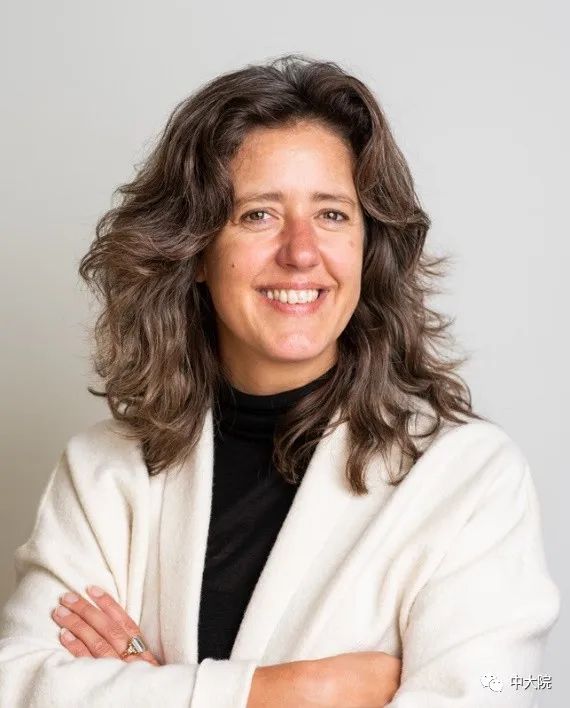
Prof. Vera Bühlmann
Vera Bühlmann is a Swiss writer. She is professor for architecture theory, and director of the Department for Architecture Theory and Philosophy of Technics ATTP at Vienna University of Technology. After studying philosophy and English language and literature in Zurich, Switzerland, she obtained a PhD in media theory/philosophy from Basel University (2009). Together with Ludger Hovestadt she founded and directs since 2010 the laboratory for applied virtuality at the Architecture Department at ETH Zurich, and co-edits the applied virtuality book series (Birkhäuser, Basel/Vienna, since 2012). From 2012-2013 she was a guest researcher at the Future Cities Laboratory at NUS Singapore. Her latest monograph is entitled Information and Mathematics in the Philosophy of Michel Serres.
She is the author of Die Nachricht, ein Medium: Generische Medialität, Städtische Architektonik (Birkhäuser, 2014) and co-author with Ludger Hovestadt and Sebastian Michael of A Genius Planet (Birkhäuser 2017). She co-edited a special volume of Minnesota Review together with Iris van der Tuin and Felicity Colman on Genealogies of New Materialism (Duke UP, 2017), as well as the Metalithikum Books: Printed Physics, (2012), Domesticating Symbols (2014), Coding as Literacy (2015), Symbolizing Existence (2016). Among her publications are also Sheaves, When Things Are Whatever Can be the Case (2014), A Quantum City (2015), as well as with Martin Wiedmer pre-specifics. some comparatistic investigations on research in art and design (jrp ringier, 2009) and with Association MetaWorx, Metaworx, Young Swiss Interactives (Birkhäuser, 2003). She is also the author of many articles on media culture, technology, philosophy, and architecture.
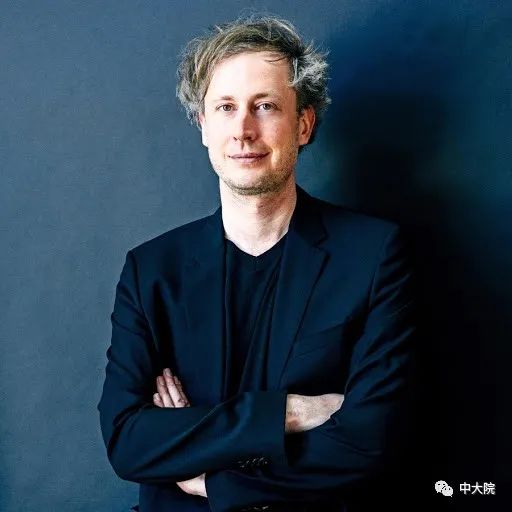
Prof. Benjamin Dillenburger
Architect Benjamin Dillenburger is Assistant Professor for Digital Building Technologies at the Institute of Technology In Architecture (ITA) at the Department of Architecture, ETH Zurich.His research focuses on the development of building technologies based on the close interplay of computational design methods, digital fabrication and new materials. In this context, he searches for ways to exploit the potential of additive manufacturing for building construction.
He previously was appointed as Assistant Professor at the John H. Daniels Faculty of Architecture, Landscape and Design at the University of Toronto, and worked as a senior lecturer in the CAAD group at Swiss Federal Institute of Technology’s architecture department in Zurich. He holds a Master of Advanced Study degree from ETH Zurich and a Master of Architecture Degree from the Technical University Kaiserslautern. Benjamin Dillenburger was shortlisted for the MoMA PS1 Young Architects Program. His work has been widely published and exhibited at the FRAC Archilab 2013 exhibition, the Art Basel / Design Miami, and the Design Exchange Museum in Toronto.
本次所有讲座将在YouTube和哔哩哔哩网站向全球直播,届时将陆续公布网站链接。



